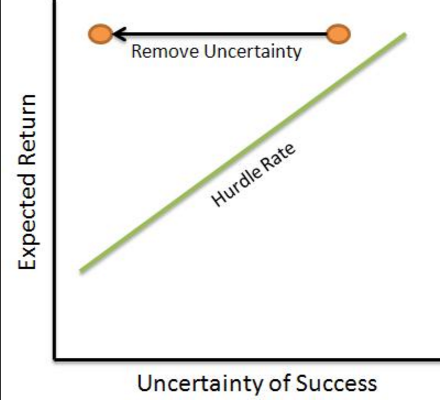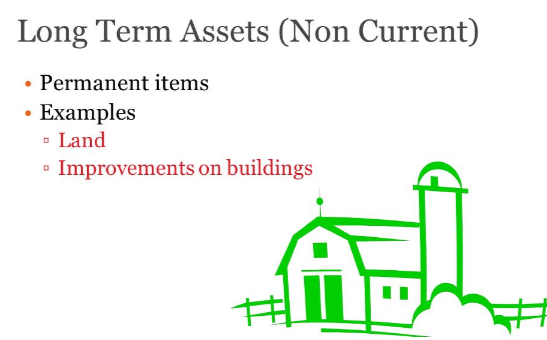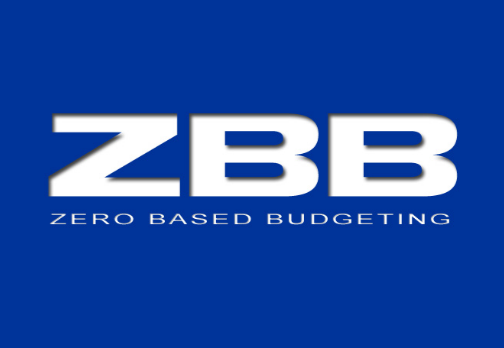Difference Between Spot Deal and Forward Deal
Spot Deal A spot deal is one where foreign exchange is sold or purchased for immediate delivery or latest delivery within two days. the rate at which such deals are conducted is known as the spot rate. In majority of transactions currency is bought or sold for immediate delivery. “Spot” rate refers to transaction that… Read More »




